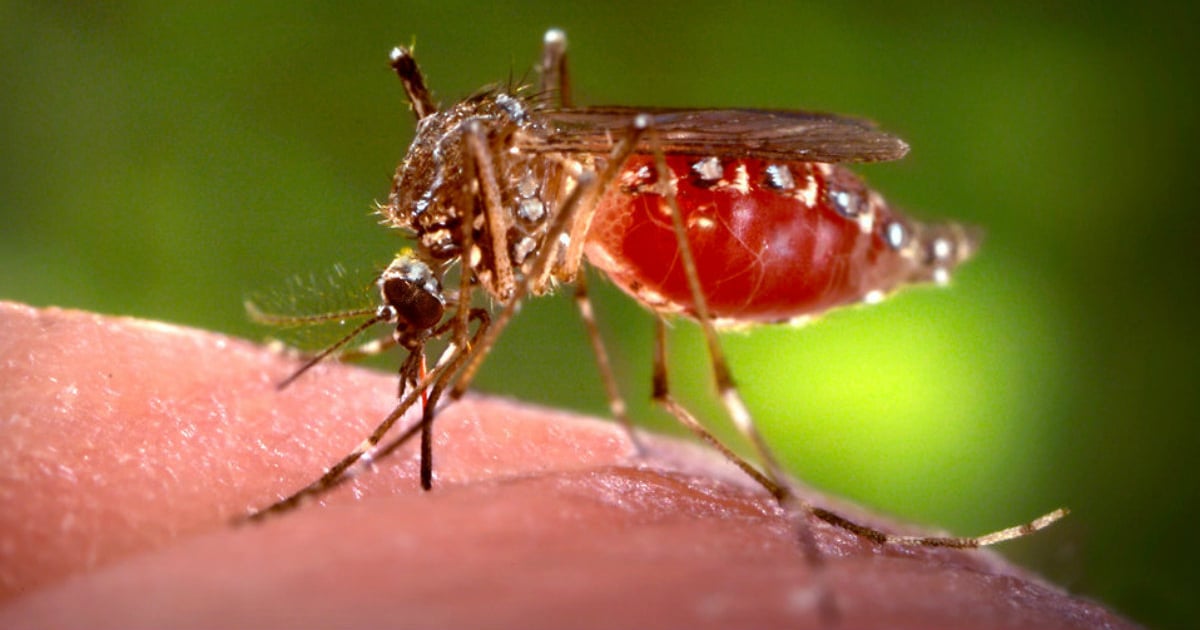Miami-Dade County reports the highest number of dengue cases in the United States, primarily due to travel from Cuba, according to the Centers for Disease Control and Prevention (CDC). The Florida Department of Health states that from January 1 to May 21, Florida reported 180 dengue cases, with 173 associated with individuals returning from a dengue-endemic area within the two weeks prior to symptom onset.
The most affected county is Miami-Dade with 74 cases, followed by Broward (30); Flagler, Hernando, and Hillsborough (12), Okaloosa and Orange (11), and Palm Beach (10). Additionally, 17 cases were reported among non-residents of Florida. Of the seven locally acquired cases, six are from Miami-Dade and one from Pasco.
The number of cases in Florida has doubled this year compared to the same period in 2023, largely due to the influx of infected individuals entering the country from the Caribbean and the Southern Hemisphere. Bloomberg reported that health authorities are working to prevent the disease from spreading to the local mosquito population before the summer rains increase the risks.
New York ranks second in the number of infections, with 114 cases, all imported. The CDC reminds the public that dengue symptoms typically begin a few days after being bitten but can take up to two weeks to develop. Symptoms may include fever, nausea, vomiting, rash, headache, eye pain, and joint and muscle pain. "In severe cases, dengue can lead to shock, internal bleeding, and even death," the CDC warns.
Understanding the Dengue Outbreak in Miami-Dade
This section provides answers to common questions regarding the recent dengue outbreak, particularly focusing on Miami-Dade County.
Why is Miami-Dade experiencing a high number of dengue cases?
Miami-Dade is seeing a high number of dengue cases primarily due to travelers returning from Cuba, a dengue-endemic area.
What measures are being taken to prevent the spread of dengue?
Health authorities are working to prevent the disease from spreading to the local mosquito population before the summer rains, which could increase the risk.
What are the symptoms of dengue?
Symptoms of dengue include fever, nausea, vomiting, rash, headache, eye pain, and joint and muscle pain. In severe cases, it can cause shock, internal bleeding, and even death.
Which other states are experiencing dengue cases?
New York is the state with the second-highest number of dengue cases, all of which are imported.
